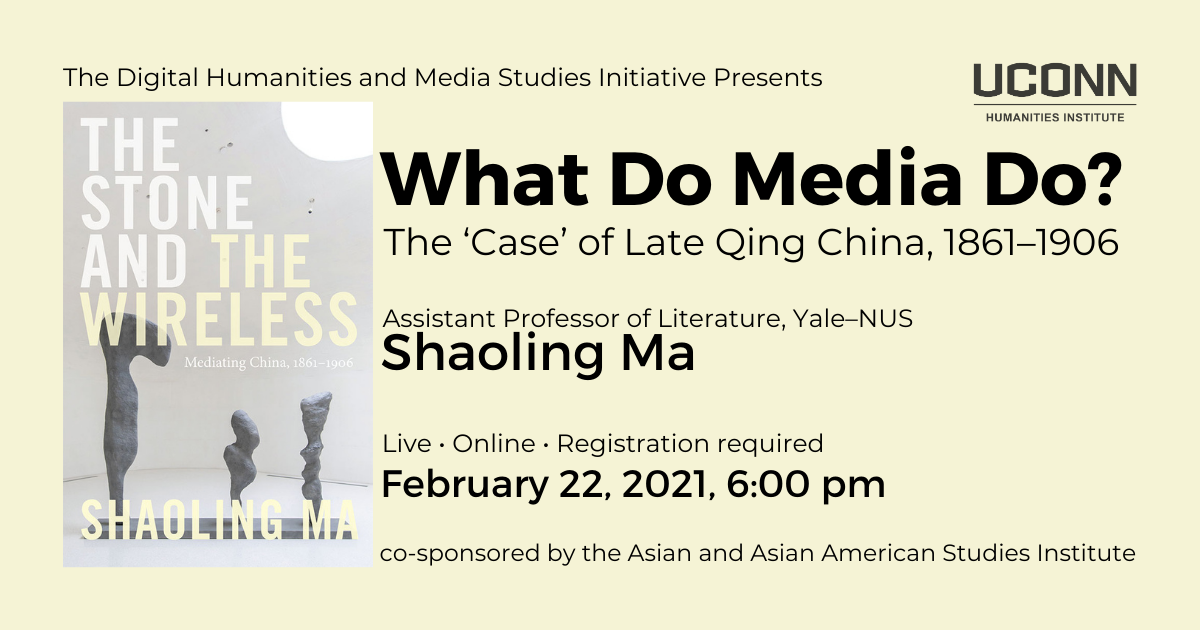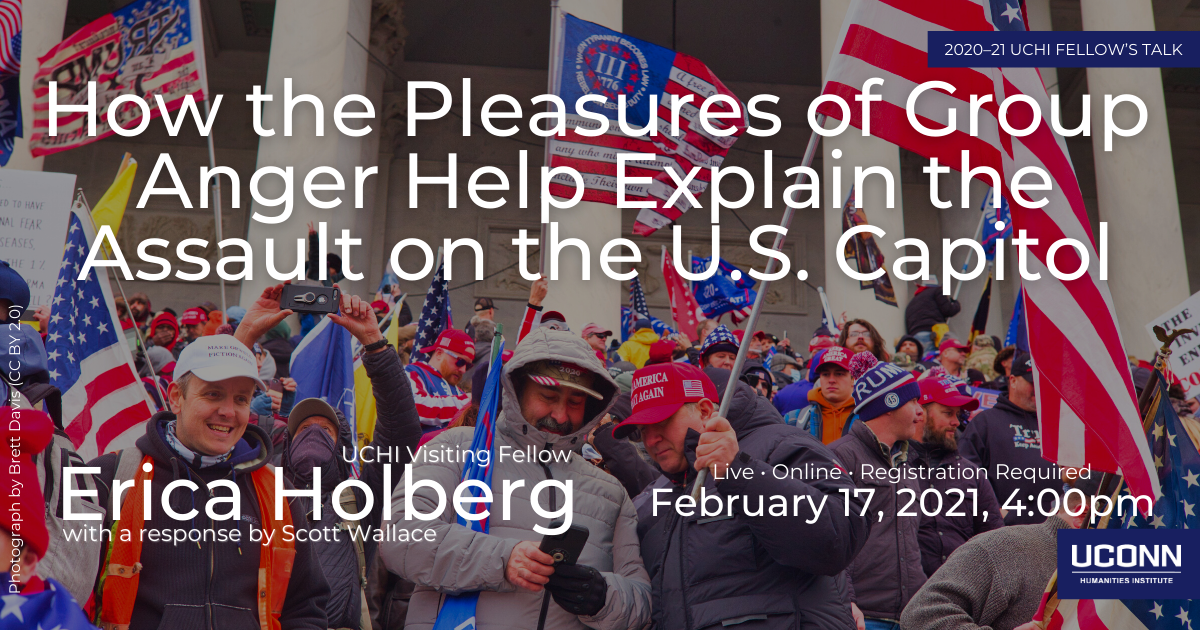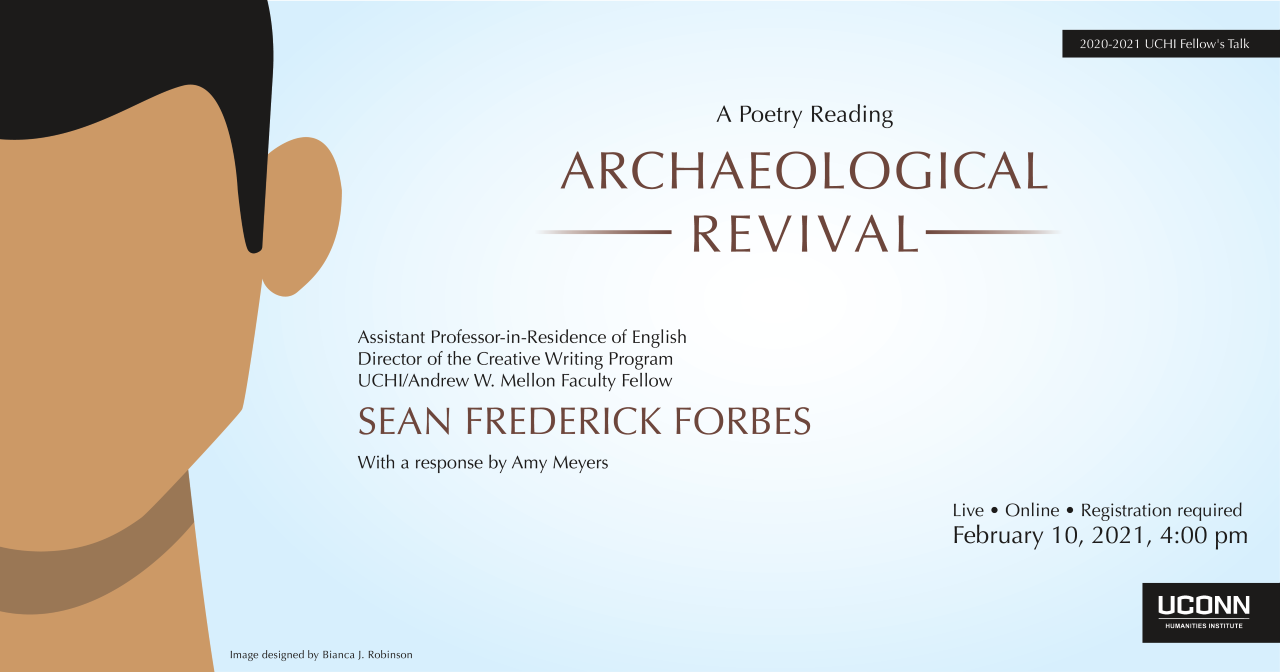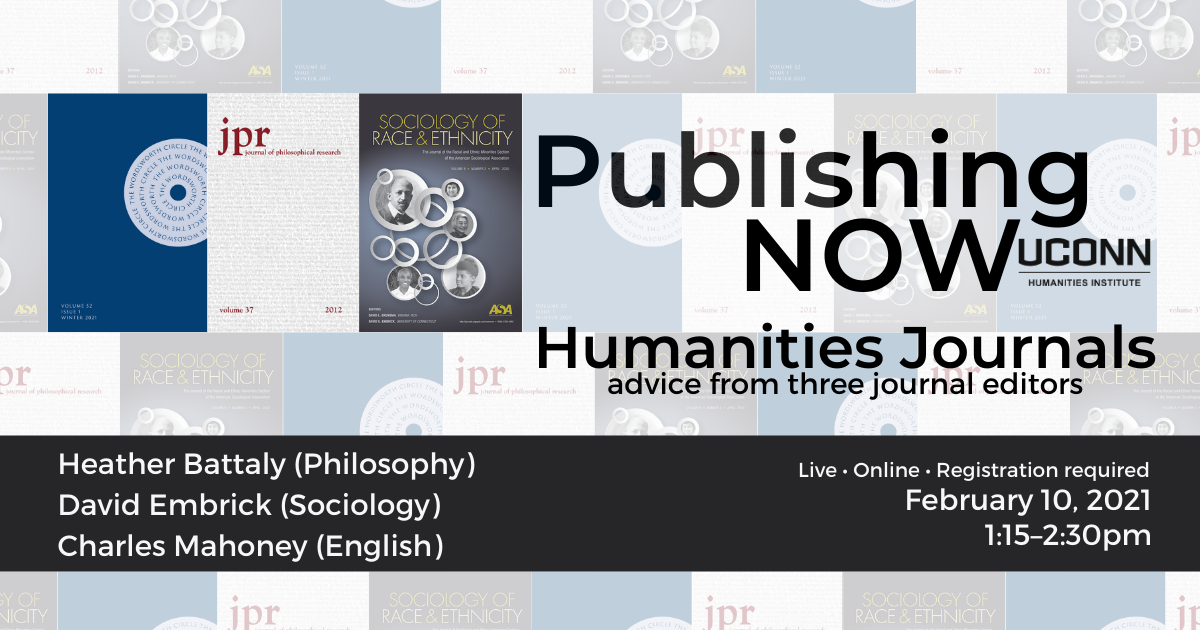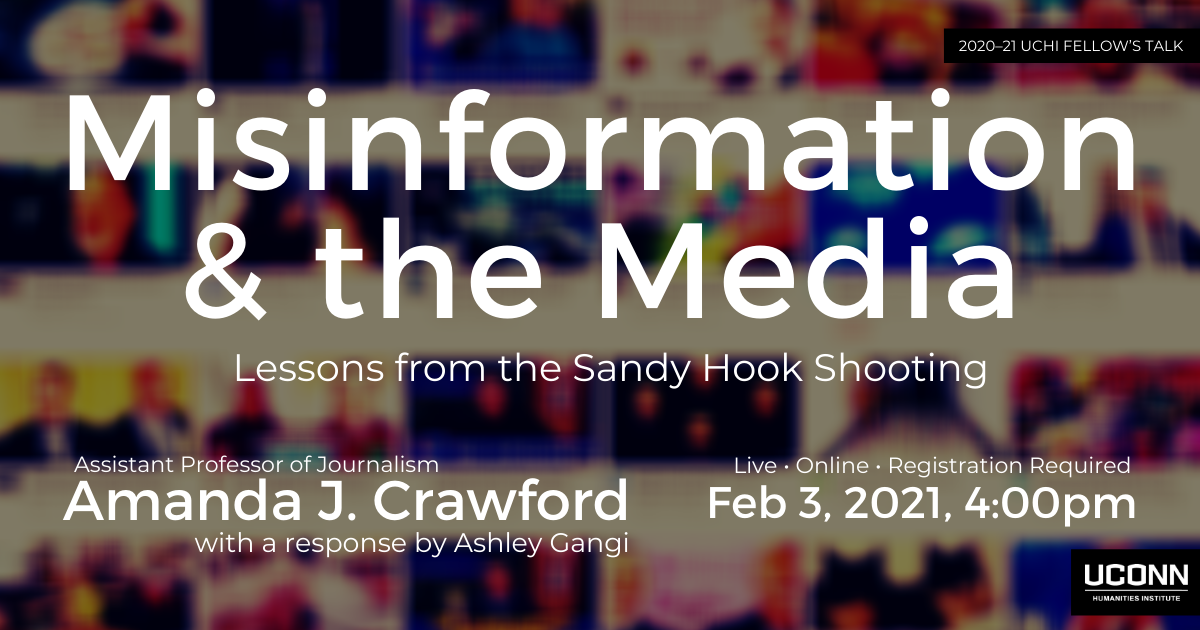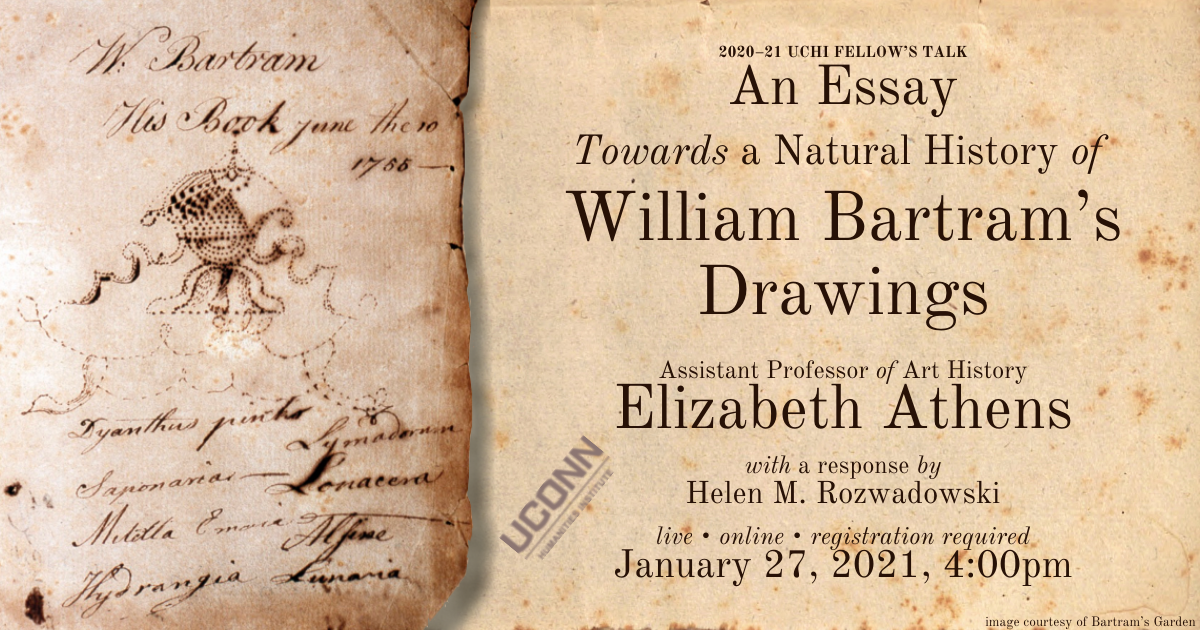If you require accommodation to attend this event, please contact us at uchi@uconn.edu or by phone (860) 486-9057.
The Digital Humanities and Media Studies Initiative presents:
What Do Media Do? The ‘Case’ of Late Qing China, 1861–1906
Shaoling Ma (Assistant Professor of Humanities, Literature, Yale-NUS College)
February 22, 2021, 6:00–7:15pm
An online webinar. Registration is required for attendance.
During the last few decades of the Manchu Qing dynasty (1644–1912), writers, intellectuals, reformers, and revolutionaries grasped what it is that media do even as they did not yet employ a distinct term for communicative media (meiti) as such. My talk, largely based on my forthcoming book, The Stone and the Wireless, Mediating China 1861-1906, asserts that media do not mediate between this and that entity before first mediating between some version of its already mediated form as discursive representations in texts and images, and the apparently unmediated technical device or process. If mediation names not just an object of inquiry but also a comparative method, then “late Qing China” refers to more than a case study. The road to an immanently media inquiry does not have to lead to China, but it might be worthwhile to begin there. My first book starts with the deceptively simple question of what it is that media do: there, the political economy or actual work of mediation only surfaces intermittently. It feels appropriate for a second project to ask why it is that digital media have particular trouble representing their modes of production. I will end my talk by briefly sketching this question in the People’s Republic of China’s hyped, digital ascent, in its cultures of platform extractivism foregrounding the low-brow, the crude, and the rural poor.
Shaoling Ma is an Assistant Professor of Humanities (Literature) at Yale-NUS College. She was born in Taiwan, grew up in Singapore, and spent ten years in the United States where she obtained her PhD (University of Southern California, Comparative Literature), and subsequently taught at Pennsylvania State University. Her research interests include literary and critical theory, media studies, and global Chinese literature, film, and art. She has published in academic journals such as Configurations, Mediations, and positions. Her first book manuscript, The Stone and the Wireless: Mediating China, 1861-1906 is forthcoming in 2021 with Duke University Press as part of the ‘Sign, Storage, Transmission’ series.
Co-sponsored by the Asian and Asian American Studies Institute
Watch now:
